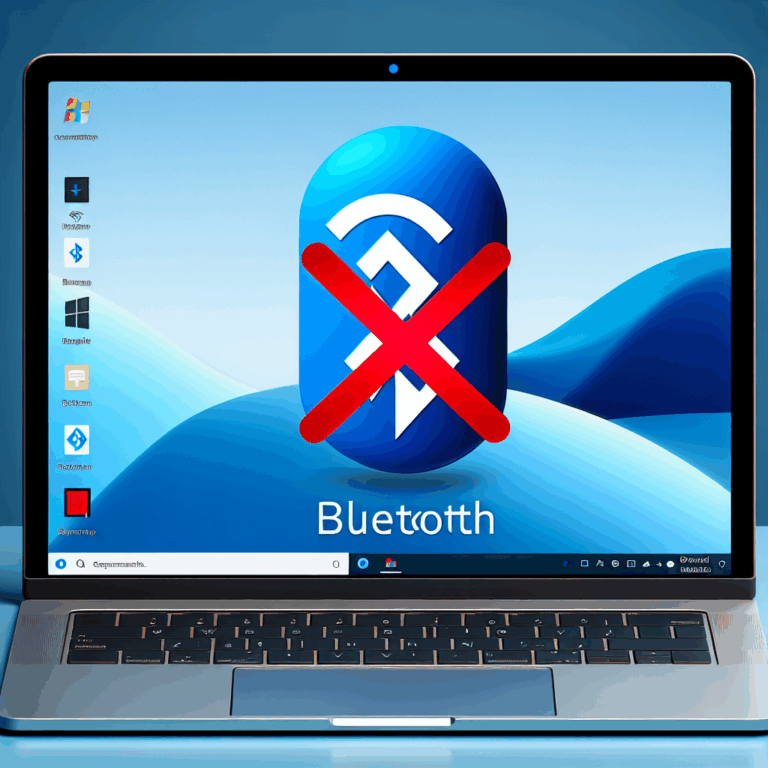Windows 11 Taskbar Not Displaying Properly: Step-by-Step Troubleshooting
Is your Windows 11 taskbar missing, misaligned, or behaving strangely on certain devices? In this guide, we’ll walk through a systematic approach to diagnose and fix common taskbar display issues.
1. Preliminary Checks
Before diving into advanced troubleshooting, start with some quick checks:
- Reboot your PC: A simple restart often clears temporary glitches.
- Disconnect external displays: If you’re using multiple monitors, unplug extras to see if the taskbar reappears correctly.
- Safe Mode test: Boot into Safe Mode (Settings > System > Recovery > Advanced startup) to check if a third-party app is interfering.
2. Restart Windows Explorer
Corruption in the Explorer process can cause the taskbar to freeze or vanish. Restarting it is quick and safe:
- Press Ctrl + Shift + Esc to open Task Manager.
- Scroll down to Windows Explorer.
- Right-click it and select Restart.
This reloads the desktop shell and often restores your taskbar.
3. Verify Display & Scale Settings
Incorrect scaling or resolution can push the taskbar off-screen or distort it.
3.1 Check Display Resolution
- Right-click on the desktop and choose Display settings.
- Under Display resolution, confirm you’re using the recommended value.
3.2 Adjust Scaling
- In the same Display settings window, review Scale & layout.
- If you see odd percentages (e.g., 125%, 150%), try switching to 100% or the recommended scale.
4. Update Windows & Drivers
Out-of-date system files or drivers can break UI components. Make sure everything is current:
- Open Settings > Windows Update > Check for updates. Install any pending updates.
- Go to Device Manager (Win+X > Device Manager) and expand Display adapters. Right-click your GPU and choose Update driver.
5. Run System File Checker (SFC) & DISM
System file corruption might affect the ShellExperienceHost and other taskbar components.
- Open Command Prompt as administrator.
- Run the System File Checker:
sfc /scannow - If SFC reports issues it can’t fix, use DISM:
DISM /Online /Cleanup-Image /RestoreHealth - When DISM completes, rerun
sfc /scannow.
6. Reinstall or Repair Taskbar-Related Packages
If core Windows apps or packages are corrupt, you can reinstall them via PowerShell:
- Open PowerShell as administrator.
- Enter the following command to re-register the taskbar and ShellExperienceHost:
Get-AppxPackage -AllUsers | ForEach-Object { Add-AppxPackage -DisableDevelopmentMode -Register "$($_.InstallLocation)\AppXManifest.xml" } - Restart your PC after the process finishes.
7. Create a New User Profile
If the taskbar works under a fresh account, your original profile may be corrupted:
- Go to Settings > Accounts > Family & other users.
- Click Add account and follow prompts to create a local Windows user.
- Sign out and sign in with the new user. Check if the taskbar displays normally.
If it does, migrate your files to the new profile or repair your old one.
8. Last-Resort: Repair Install or Reset
If none of the above steps resolve the issue, consider a repair install or factory reset:
- Repair install: Download the Windows 11 ISO, mount it, and run setup.exe. Choose “Keep personal files and apps.”
- Reset this PC: Settings > Recovery > Reset this PC. Opt to keep your files or remove everything.
Conclusion
Taskbar display issues can be frustrating, but a methodical troubleshooting approach usually uncovers the culprit—be it a simple restart, a driver update, or a deeper system file fix. Follow each step in order, and you’ll have your Windows 11 taskbar looking and performing correctly again.

